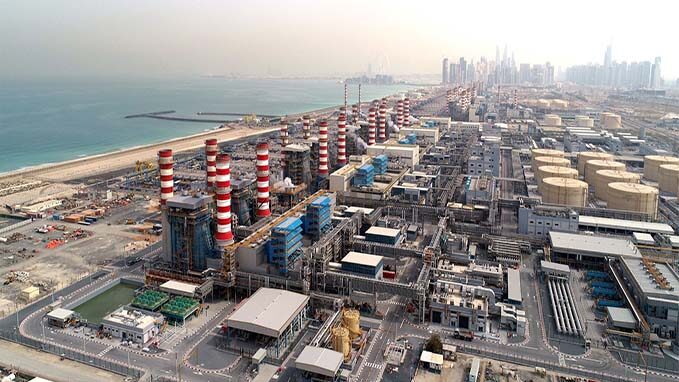Dubai, a city known for its towering skyscrapers and rapid development, has a dynamic approach to electricity production that blends traditional methods with innovative technologies. Understanding how Dubai generates its electricity is essential for appreciating the city’s commitment to sustainability and meeting its growing energy demands.
1. Natural Gas as the Primary Source
The majority of Dubai’s electricity is generated using natural gas, which accounts for approximately 90% of the total energy production. The Dubai Electricity and Water Authority (DEWA) operates several gas-fired power plants that convert natural gas into electricity through a process known as combined cycle generation. This method involves burning natural gas to produce electricity while also capturing waste heat to generate additional power, making it a highly efficient system.
2. Renewable Energy Initiatives
In recent years, Dubai has made significant strides in incorporating renewable energy into its electricity generation mix. The Dubai Clean Energy Strategy aims to produce 75% of the city’s total energy from clean sources by 2050. Key initiatives include:

- Mohammed bin Rashid Al Maktoum Solar Park: This ambitious solar project is one of the largest in the world, with plans to generate up to 5,000 megawatts (MW) of solar energy by 2030. The park utilizes both photovoltaic (PV) and concentrated solar power (CSP) technologies to harness sunlight efficiently.
- Wind Energy: While solar energy dominates, Dubai is also exploring wind energy potential. Wind farms may be developed in the future to diversify the energy portfolio further.
3. Desalination Plants and Electricity Production
Dubai’s water supply is heavily reliant on desalination, a process that converts seawater into potable water. Desalination plants consume a substantial amount of electricity. Therefore, the efficiency of electricity production directly impacts water availability. DEWA integrates its water and electricity services to ensure a reliable supply for both needs.
4. Energy Efficiency Programs
To optimize electricity consumption, Dubai has implemented several energy efficiency programs aimed at reducing waste and promoting sustainable practices. Initiatives include:
- Smart Meters: DEWA has introduced smart meters that allow consumers to monitor their energy usage in real-time, encouraging conservation.
- Green Building Regulations: New construction projects must comply with green building standards that promote energy-efficient designs and materials.
5. Future Innovations and Goals
Dubai is not resting on its laurels. The emirate has ambitious plans to become a global hub for innovation in energy production. This includes investing in research and development for advanced technologies such as energy storage, hydrogen production, and electric vehicle infrastructure.
Conclusion
Dubai’s approach to electricity production reflects its commitment to sustainability and innovation. By combining natural gas with renewable energy sources and implementing energy-efficient practices, the city is paving the way for a cleaner, more sustainable future. As Dubai continues to evolve, its energy landscape will play a crucial role in supporting the emirate’s growth while protecting the environment for generations to come.
Visit official website to know more













